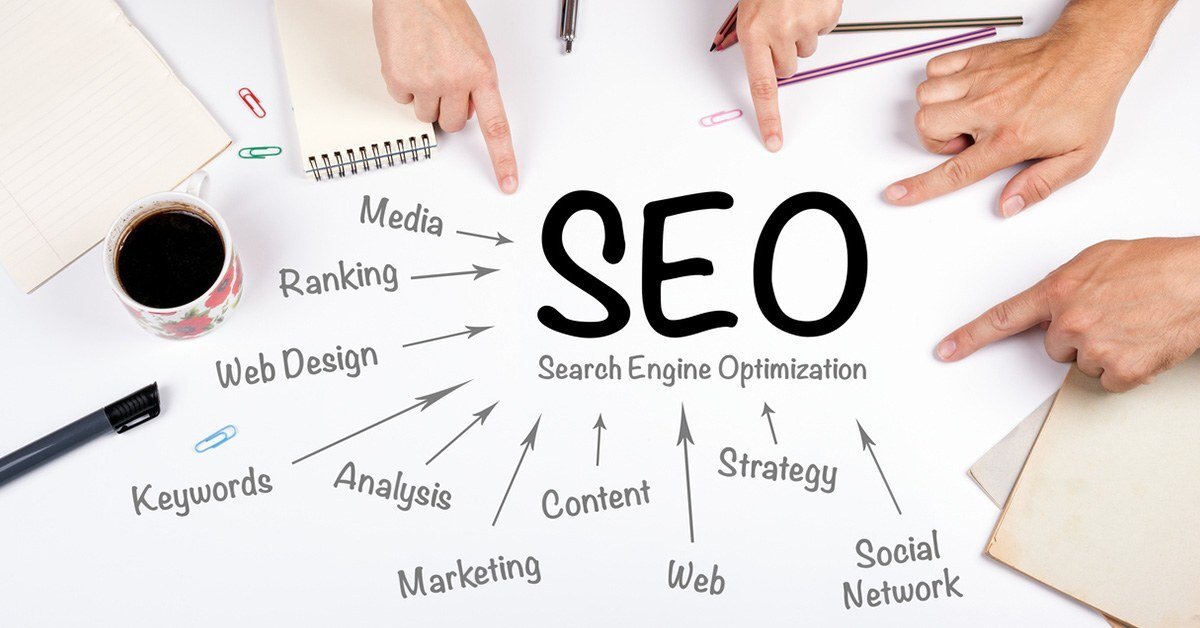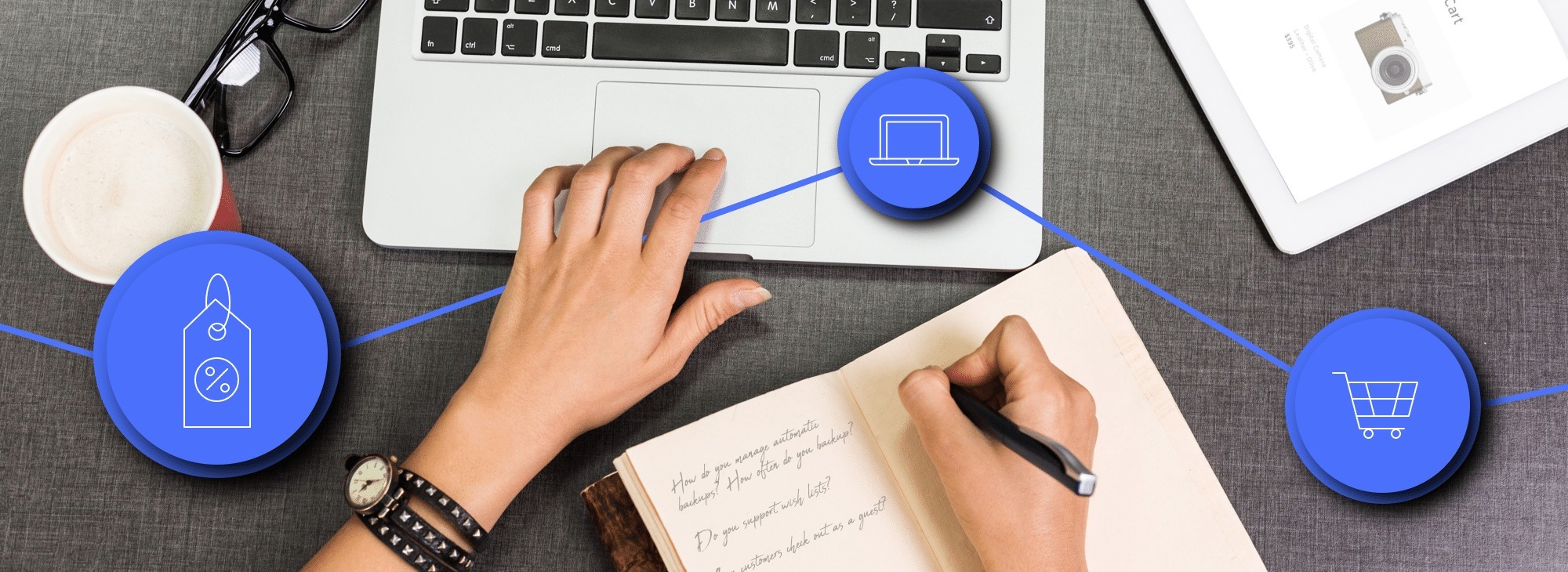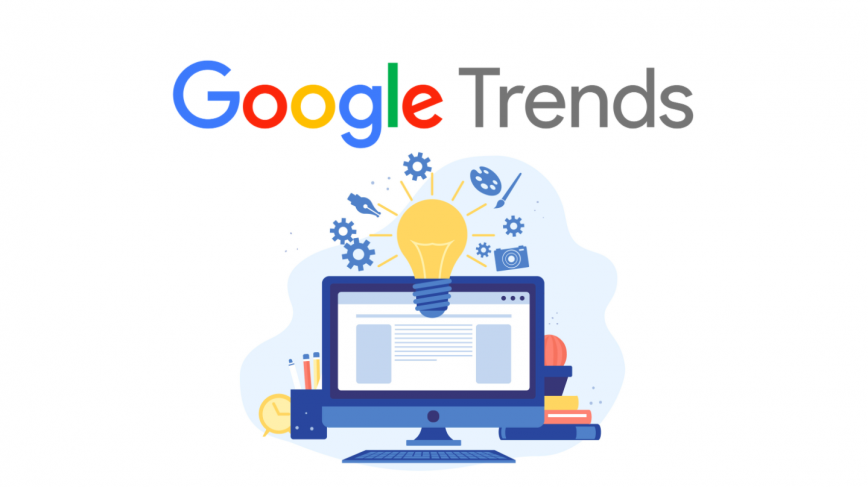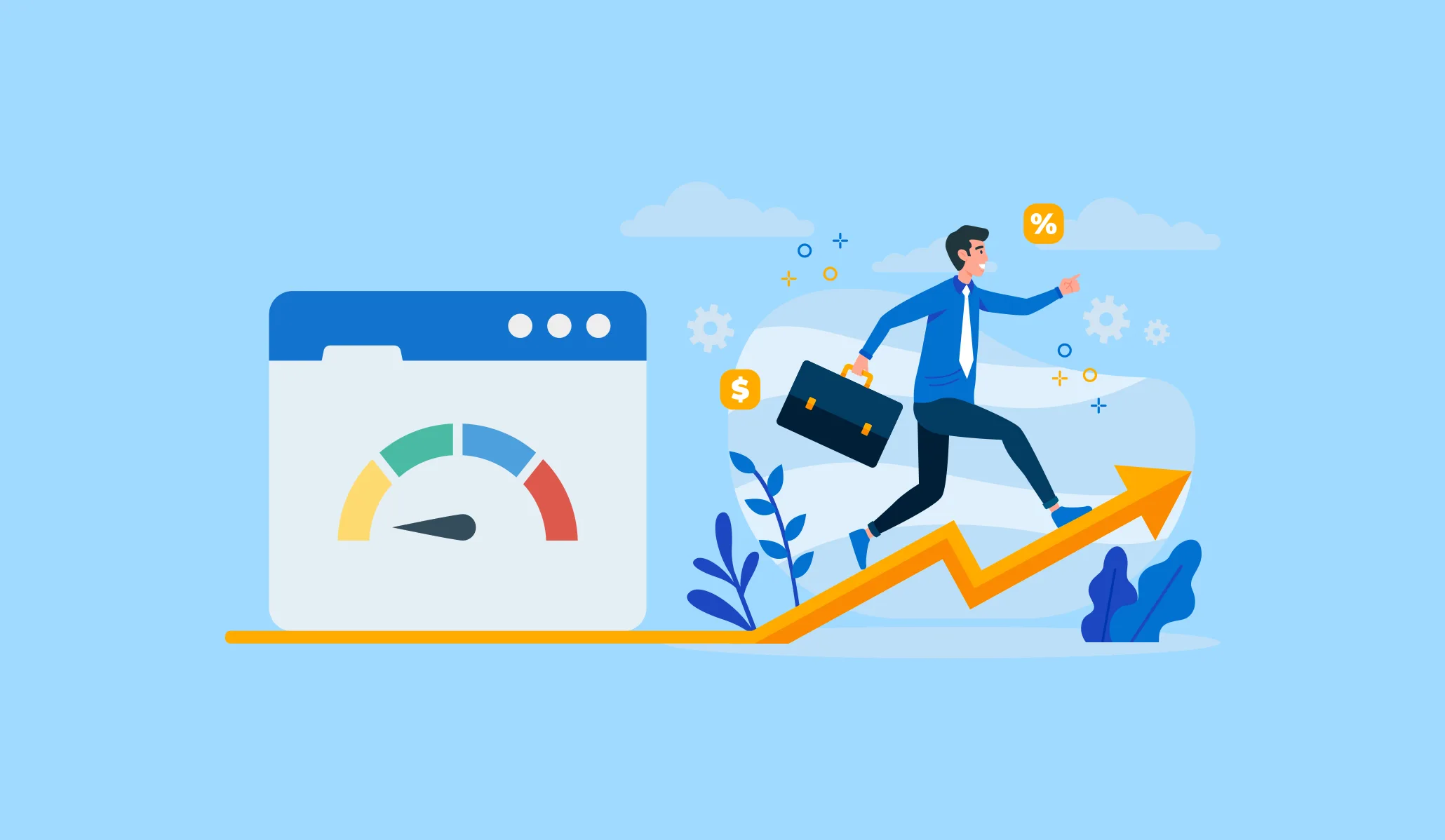Not all links are the same! Follow and nofollow links are the types of links that all websites need to use effectively. To allow Google to map your website effectively, you need to utilize follow links proficiently and avoid slipping into a nofollow link trap. Follow links are the default setting for most links. It's how Google finds your website for users and helps to rank your page(s) in a comprehensive and holistic manner.
Nofollow links are those that Google doesn’t like and if any website is using them, it will affect it's ranking on SERPs. However, nofollow links are essential to some degree. You need them to work with clients, for marketing purposes and when you need to allow your users to express themselves.
The key is to create a fine balance of both follow and nofollow links. Here is the full rundown of all you need to know.
The battle of natural and unnatural links
Let's make things simple. Just think of links in two ways; natural and unnatural. Google tries to elevate authenticity and authority while limiting spam and exploitation.
Google will evaluate the links in your website, in order to determine whether they are natural or unnatural. If a link is natural, it will be relevant to the website, to the content it is placed in and it will be a ‘safe’ or authoritative website. In other words, websites that are trusted to not have viruses, not have scams, no spam and they disseminate good information.
Google will lower your ranking if you have unnatural links. These are links that take users to websites with viruses, spam such as popups, poor navigation, where there is pornography or where there are scams. Not to mention, websites that are seen as not giving good information, such as spouting hate speech, false rumors or just plain lies, will also be on the unnatural or nofollow list.
That’s the way you should think of follow and nofollow links. It puts it into a more human context when you think of a link in these terms.
When your page has far too many links it's viewed it as spammy and potentially harmful.
Unnatural links in detail
The main focus or approach you should take is avoiding unnatural links when you don’t need to use them. Google is wise and it can spot when you are trying to game the system. When your page has far too many links that are there to try and sell products to users, it will view it as spammy and potentially harmful.
For example, you cannot make a blog post with a link to a product every other sentence. The content actually has to be helpful and provide either information or education while presenting links.
Here are some unnatural link types that Google will punish or result in manual action.
Dofollow directories - You cannot just provide a list of natural links that Google does like and think that’s fine. Again, this is spammy and serves no other purpose than boosting your rating unnaturally.
Press releases - These should be posted onto your website in an unnatural way anyway, not as a dofollow link. This information is for the press and not necessarily true or confirmed. Until the press can confirm various information, press releases will remain unnatural nofollow links.
Keyword-rich posts - Keyword spamming is also going to strike you with a penalty from Google. Don’t abuse your keywords by spamming them all over the blog post. The information you provide needs to be relevant, explain, inform and educate your readers.
Buying and selling - Links that are purely commerce may get you penalized by Google if they are spammed. Usually, you’ll want to make a commerce link into a nofollow, if it's been placed on your website in a comment made by a user.
What is Google’s manual action?
If you choose to appeal a link that Google has determined as unnatural and made into a nofollow link, then you will get a manual action.
There are two types of manual actions.
The first is when Google agrees that an unnatural link on your website is not within your power to change, remove or do otherwise. They will then not punish your website’s overall ranking. If you can control the link, then they will always ask you to remove it if you can or make into a nofollow if you want to avoid penalties.
The second type is where Google believes you are doing it on purpose. By adding an unnatural link that is within your power, that you can change or remove, but choose not to, means Google will think you are involved in some scheme to game the system. They see it as a manipulating link practice, and this will affect your website’s overall ranking. This type of manual action is serious and the harm done to your ranking could be such that it takes a long time for you to get back to a decent rating again.
Manual action triggers
So what would trigger Google to take this type of action?
Unnatural links - As covered, a plague of unnatural links that focus on selling, buying, linking to untrusted websites, pornography and posts with affiliate marketing will force Google to intervene.
Thin content - If a post is good but not very established, Google will consider manual action. Thin content posting is usually done by spammy websites that don’t have a lot of content and want to flesh out their frequency of posts. Short 200-300 word posts are seen as the main culprits.
Pure spam- When the post is just nothing but linking, either using keywords or URL links. Spam can also be the same content written over and over, so you need to diversify your topics and ideas.
Hacked website - If your website has been hacked or showing abnormal behavior, Google will step in to protect it's platform and your website.
Redirecting - Redirects are incredibly bad for your ranking. Google does not like to be fooled and links that seem as if they will link to a certain type of page but end up linking to another, is going to be seen as manipulation and potentially, spam. The redirect might be to your own page or to another website which leads to viruses, malware, more spam, etc, which can result in websites and users being hacked without knowing.
Show Google you tried
If you cannot remove the unnatural link, you must show Google that you at least tried. Google will need some kind of proof that you have done all you can. Using a link detox software, extension or method can help you to protect users from the unnatural link. This might be something like, rebounding users back to your page if they click the unnatural link.
One of the most annoying unnatural links that you might face is, outbound links in the comment section of your blog. A user might write something like ‘Hey, check out this amazing workout plan’ and then post a link to their own website. Not only do you want to kill this link by making it a nofollow, but you want to protect your users too. It might be a harmful website, so removing the link and banning the user are actions to consider.
How can it help me build my SEO ranking?

Understanding follow and nofollow links is vital SEO for starters. If you are a beginner, you should try to utilize some of the best service providers that can rank your website as high as possible, while avoiding Google’s penalties. Brands such as Staplepoint, SEMrush, SEO Quake and others are great starting points where you can have your website’s link performance improved. These websites can show you how many follow and nofollow links each page has, as well as the overall website. You can see plainly if you need to remove or add certain types of links.
When it comes to following links, remember that these are the natural or default links in your website. Every link will be a follow link until you or Google designate them as otherwise. So every time you link something, make sure that the website you are linking to, meets a few of these things.
It is authoritative. There are a few things that make an authoritative website. The website might be a media outlet such as the New York Times, it may be a website that has credible information such as interviews, direct quotes, industry knowledge, etc. It may also be trusted by Google for having a highly efficient and trusted reputation i.e. high domain authority.
It must also be relevant. You should try to avoid linking to dormant websites even if they have good domain authority and good link performance. Google wants relevant websites with updated posts and information that users can use.
They do not have outbound links that are harmful. Try to link websites that have a low nofollow link frequency. This also includes ads. Any website that has good content but lots of ads might be punished by Google for spamming, excessive pop-ups, etc.
Nofollows links are unnatural in Google’s eyes
When are nofollow links necessary?
Sometimes you need to tolerate nofollow links because they ultimately help your website. Nofollows links are unnatural in Google’s eyes, but they might not be in your eyes. For example, you want to promote your social media pages.
Linking to your Twitter page is necessary for various reasons. You might have made a post that informs customers of a fault in your product or perhaps a solution, and you will want to share it on your website too. The same might be said for your Facebook page, or your YouTube page as well.
If you have posted some answers to questions in Reddit or other similar website, you may also want to link this in your post. These are nofollow links because these websites are often tumultuous. They have perfectly fine content mixed in with content that Google does not believe to be follow link-worthy.
Forming your follow links
So when you want to add authoritative links to your website, you will need to look carefully for inbound links or backlinks that are trusted by Google.
Usually, sponsored links are a good standard as Google allows these ads to be on their SERPs because they are trusted, authoritative, relevant and have high domain authority. Go onto Google and search for the subject matter you are blogging about. Can you see a sponsored ad that is relevant to your post? You should visit it, check to see if the information on the page is relevant to your website or subject and perhaps, use it as a backlink to build authority on your page.
Look for keyword-rich outbound links. This usually is going to be relevant to authoritative websites such as media outlets. If you are making a business post, consider a website like Entrepreneur, Business Inside, Forbes, or even Apple’s blog etc. Just be careful of exact-match linking. In other words, if a link has the brand name of the website you are outbound linking to, this can be seen as low-quality paid links. Google’s eyebrows might raise and it could be seen as spam, selling/buying or some other kind of unnatural link. So link to keyword-rich pages, but do so as naturally as you can. If there is an interesting statistic on the keyword-rich page, write it into your post and link that instead.
How do you check if a link is nofollow?
Go to a page you are curious about regarding nofollow links. Right-click and go to view page source.
Search for the link, either by the URL or by the keyword that is links. It will say whether it is follow or nofollow.
It will say either rel="nofollow" or nothing at all. When there is nothing at all like this, it means it is a follow link. Follow links are natural and don’t require additional coding, so there will be nothing to look for. So don’t panic!
What about affiliate marketing?

So far we’ve talked about blog posts. Sometimes they are purely for informative purposes and they are also used to spread news. Maybe you have a product that will soon be released and you want to draw users into your page to get them excited.
However, what if you are not a brand or a business of some kind and you just want to make posts regarding affiliate marketing? Reviewers and influencers have to learn that it's best to just nofollow all of their affiliate links.
The reason is, Google will punish websites with too much buying and selling links. Again, it will believe you are trying to game the system. So nofollow linking the affiliate links will preserve the authority and ranking of your website, but it means you need to invest heavily in your content. Working with SEO companies to write reviews is a great idea, as you draw in organic users and help provide content and product links to your loyal readers too.
Nuking nofollow linking
f you just want to make all external links and outbound links nofollow, you can do so through apps, extensions and coding. Most solutions are done with the support of JavaScript. However, this is not really liked by Google. It's hard for Google to map your website with just follow links. Nofollow links do usually only negatively affect your website ranking, but they can also bring traffic to your website.
The more people visiting, the more Google can track the type of customer you have. Despite not helping your ranking, a nofollow link such as that on YouTube or Reddit, can bring organic customers to your page. Google will examine the cookies and location of the visitor and form a customer profile for you. This can help with advertising and keyword research.
But why would you want to nuke all outbound links? Users often worry that links left in their comment section will harm their users and upset Google. Despite not being their fault, their website will suffer manual action, ranking demotion and of course, the harmed user will not come back to your website again.
One plugin that does nuke all your external links is WP external links plugin. It’s for Wordpress as many users will put post links in their sidebar of all the links in the page. This helps users to find the links and explore them themselves. It can also be implemented into navigation menus that drop down in your template.
The WP external link plugin will have a drop-down menu to make all external links, either follow or nofollow. It also has the option to keep as is.
If you would like to know more about nofollow and follow linking, please feel free to contact us today. You can also give us a call on 020 8191 9755. We also have a live chat service that is open 24/7.

Nadejda Milanova
An experienced Content creator in the field of Search Engine Optimization (SEO) and WordPress. A true proffesional with a Master's degree focused on journalism.
Read more by Nadejda Milanova





